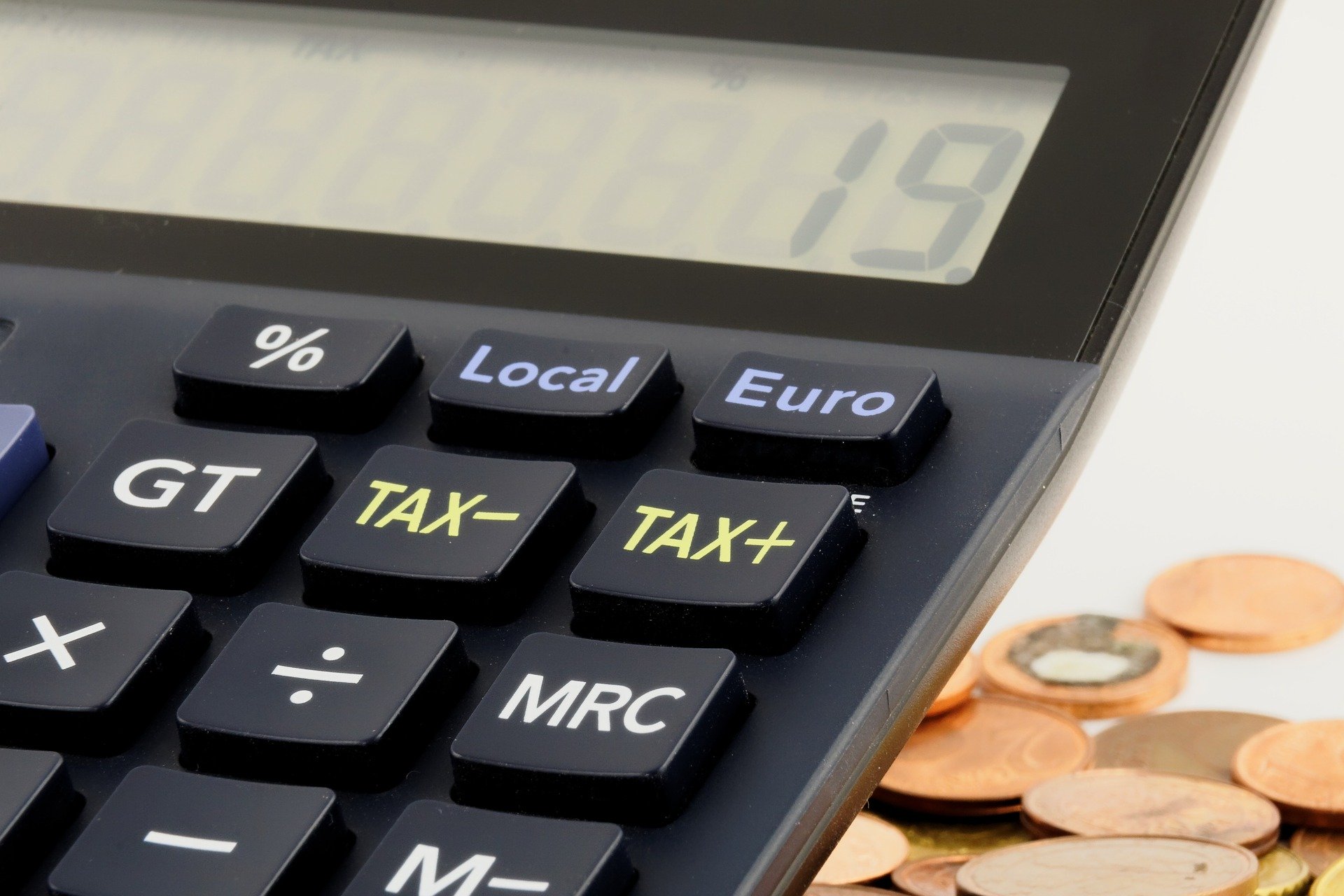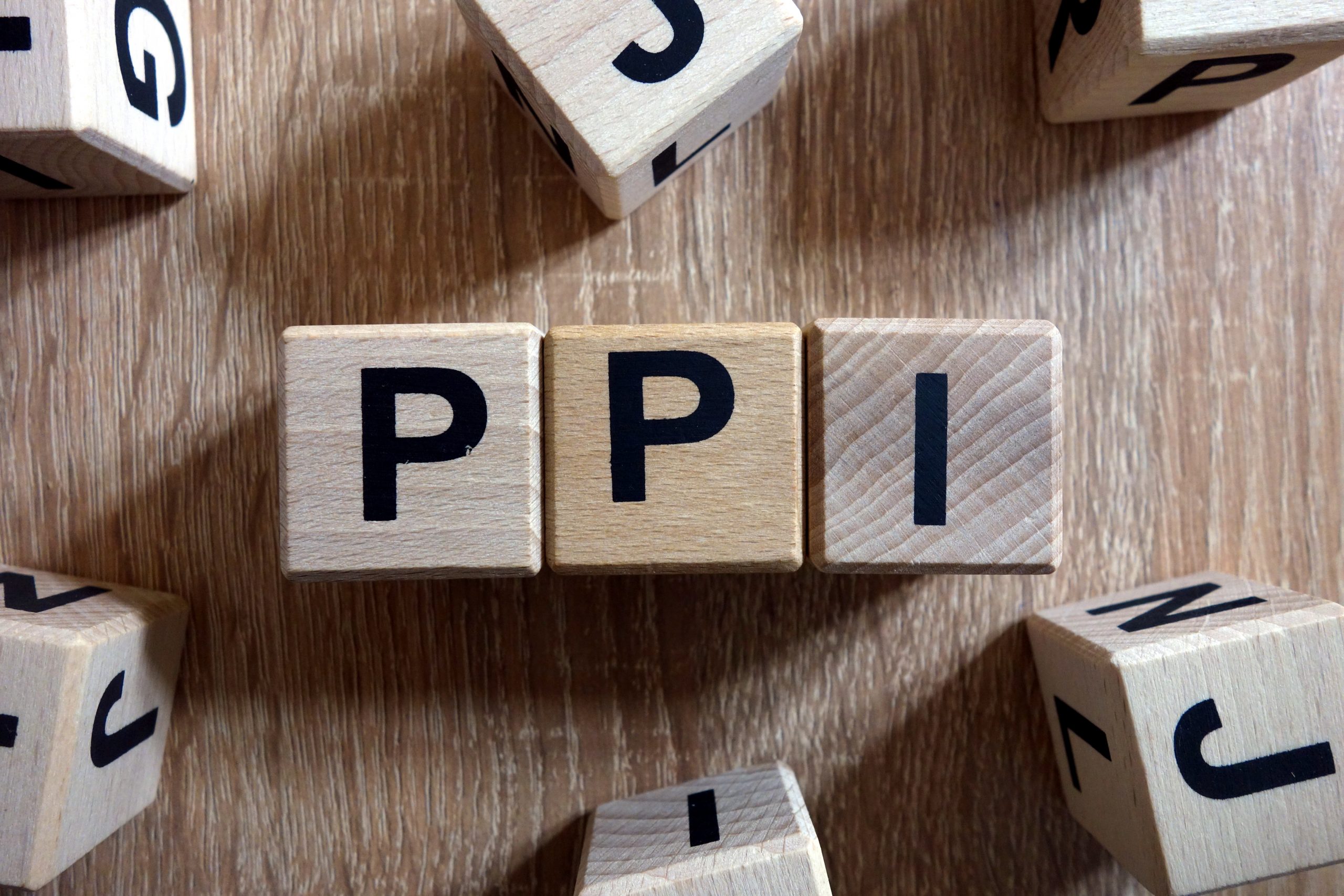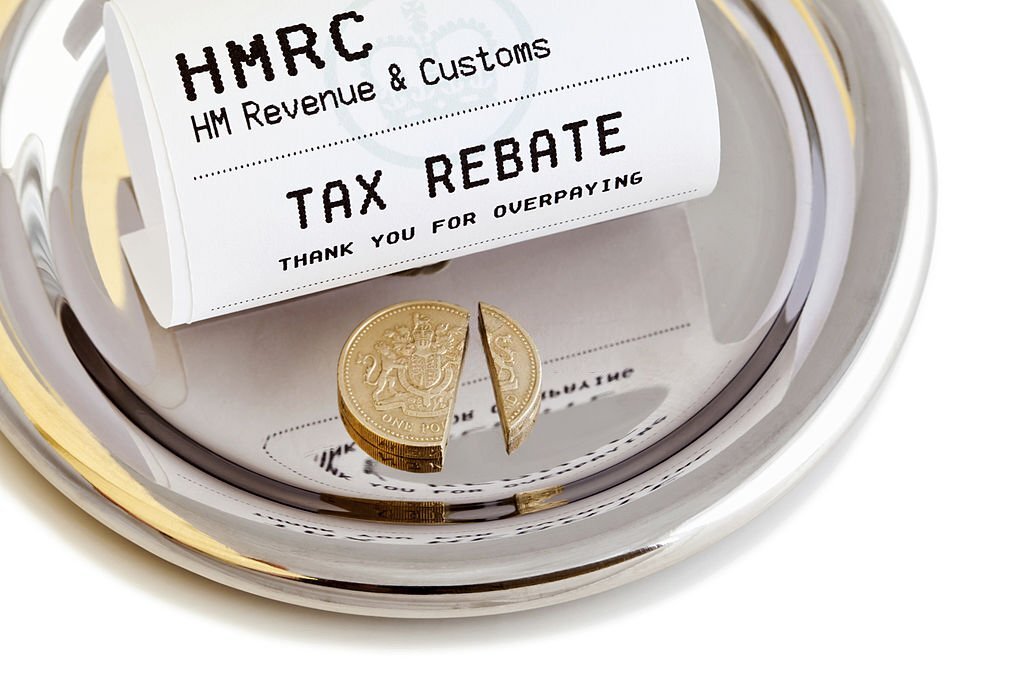
Table of Contents
ToggleWhy was this taxed from the PPI Payout?
People are often unhappy that they are charged tax on a refund. If you were to return something to a shop for a refund, you would not expect that to be taxed as it is a simple refund for a purchase that you made. HMRC agrees and the ‘refund’ part is not taxable.
But if 8% extra interest has been added to your refund, this is treated like interest you get on savings and so it is taxable as HMRC have explained:
Most lenders deduct tax at the basic rate of 20% from the 8% interest and send this tax to the HMRC. When they give you details, a line that says “interest gross” is what they worked out the 8% interest to be and a line that says “interest net” has had the 20% of tax taken off. This is an example:
Refund of Interest and Fees: £1,513.06
8% interest net: £385.02
Total settlement: £1,898.08
Tax details: 8% interest gross: £481.27
Basic rate tax deduction: £96.25
Here the amount he was sent was £1,898.08. This was the refund plus the 8% interest (gross) less the basic rate tax deducted.
From April 2016 a ‘basic rate’ taxpayer can earn £1,000 in savings interest in a tax year without paying tax on it. So, this will save you up to £200 in tax – 20% of £1,000. This figure increases to £500 for a higher rate taxpayer – which gives the same refund as 40% of £500 is also £200.
This applies to the 8% interest you have got as part of your refund. This interest is still taxable, HMRC has made no changes to their website which breaks this down. But the new tax-free band means that a large number of people getting one of these refunds should not have to pay tax and can claim it back if the lender has deducted tax.
How much can you get back?
You can see the tax deducted from your PPI pay-out on the Final Response Letter (FRL) you will have received from your bank or lender.
The line in the FRL “interest gross” is what they worked out the 8% interest to be and a line that says “interest net” has had the 20% of tax taken off. This is an example:
Refund of Interest and Fees: £1,245.41 8% interest net: £286.09 Total settlement: £1,531.50
Tax details: 8% interest gross: £386.05 basic rate tax deduction: £77.21
Here the amount the customer was sent was £1,245.41. This was the refund plus the 8% interest (gross) less the basic rate tax deducted. It is the £77.21 that you can claim back.
Here are some examples of Final Response Letters from banks and lenders with the tax deducted highlighted.
Example RBS FRL
Example Capital One FRL 2
Example Barclaycard FRL 3

If you have a low income or don’t pay income tax at all
If you have a lower income of less than £18,500 including the 8% on your refund, then all your refund is tax-free. You should therefore receive a refund of all tax deducted.
How do I claim tax back from PPI?
In completing the R40 form, you should enter the net interest in box 3.1 ‘Net interest paid by banks, buildings societies, etc, purchased life annuities and PPI payments – after tax is taken off. You should then enter the tax deducted in box 3.2 and the gross amount in box 3.3.
You may have had other fees deducted from the pay-out, so you should ensure that the amount you are reclaiming is just the tax element otherwise HMRC will reject the claim.
You also need to include on the form any other taxable income that you received in the tax year – including the state pension.
The R40 is a 4-page form and most of the information they request is not relevant to the PPI tax reclaim, but you should try to complete it as fully as possible.
How long do I have to claim back the tax on my PPI Pay-out?
You normally have up to 4 years from the end of the tax year in which you received the PPI pay-out to claim a refund on the tax deducted.
So, if you received your PPI refund in 2022/23, you have until 5 April 2027 to submit a claim. If the overpayment arose in 2019/20, you have until 5 April 2024 to put in your claim so don’t waste any time.
How long does it take to receive a tax rebate on a PPI pay-out?
HMRC is quite efficient in dealing with PPI tax refund claims, as opposed to the current time in dealing with FRE & Marriage Allowance claims, and usually responds within 5-6 weeks to a claim if the information provided is accurate.
Claim Today
We offer a quick, simple and easy process to claim back the tax on PPI pay-outs. Click on the button below and enter some basic information and we will do the rest. We will communicate with HMRC on your behalf, and you can expect a cheque in the post within 5-6 weeks


